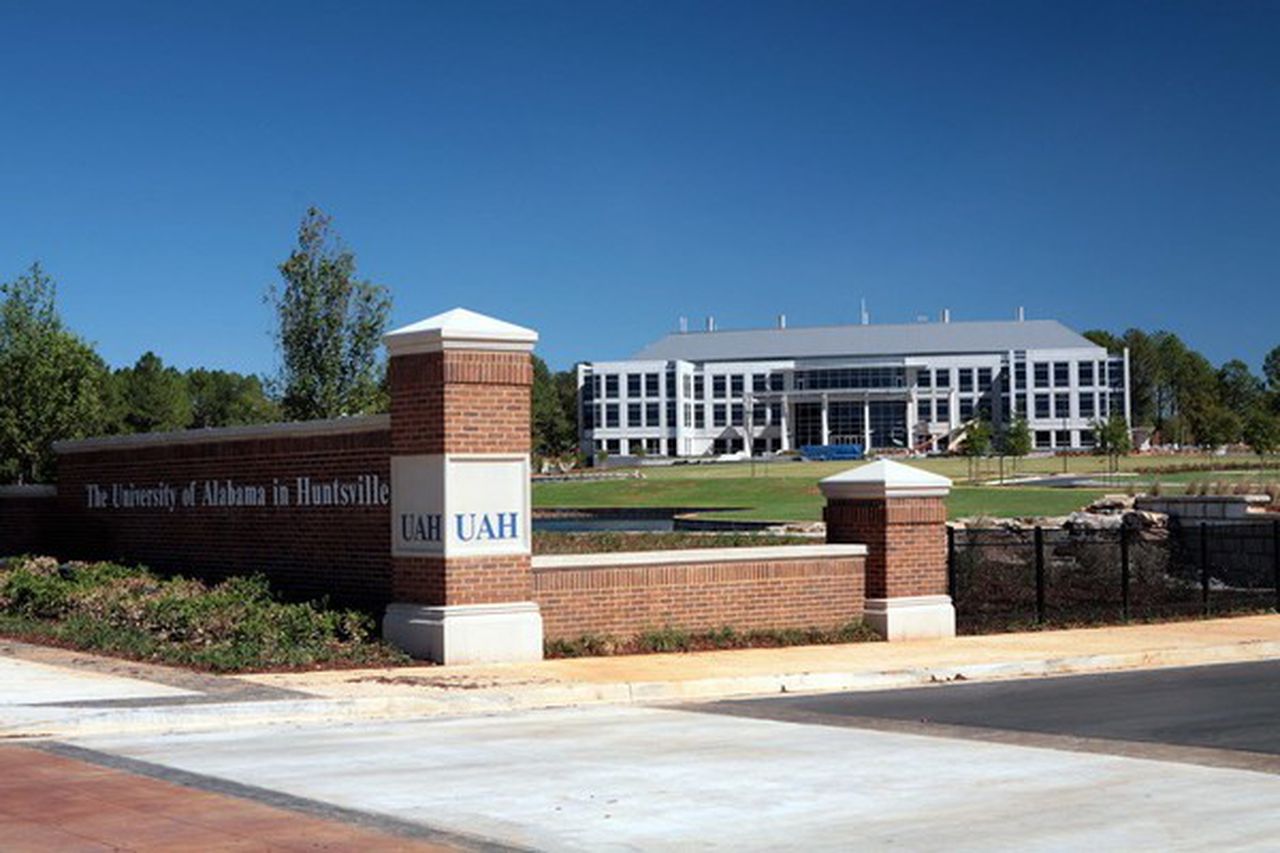UAH planning $24 million renovation for cybersecurity facility
The University of Alabama in Huntsville received the first approval step Thursday of a $24.4 million renovation project to expand the school’s cybersecurity research facility.
The Physical Properties committee of the UA System Board of Trustees gave its OK for the preliminary project scope and budget for the Center for Cybersecurity Research, Education & Advanced Training in the Bevill Center. There was no discussion about the project by committee members.
Related: UAH to begin construction on $59 million College of Engineering building
The project is expected to receive the first stage of approval Friday by the full trustee board. The project must be approved through two additional stages by the trustees before it can be completed. Funding will come entirely from the state’s Education Trust Fund.
At 45,000 square feet, renovation will cover about half of the Bevill Center – the former hotel and conference center on Sparkman Drive that is now a 100-person residence hall. The renovations will take place on the first two floors of the three-story building to “to provide a new, interdisciplinary research and academic facility that shall be home to the UAH Center for Cybersecurity Research & Education (CCRE),” according to UA System documents outlining the project.
Plans say the renovations will impact all areas of the CCRE.
“This project is essential to expand the research capabilities of CCRE with the development of a new cyber lab that will allow UAH to seek new research client and partner relationships, as well as expand capabilities with current research partners,” planning documents said. “This interdisciplinary facility shall provide an interactive and collaborative environment and promote communication between students, faculty, staff, and researchers.
“This project is also essential for meeting the academic needs for a wide variety of cybersecurity-related disciplines including cybersecurity engineering, secure software development, cybersecurity test and evaluation, offensive security, systems architecture, reverse engineering, and emerging cybersecurity problem-solving. This project will satisfy the need for modern classroom and training space and help support the continual growth of CCRE and associated academic programs.”
